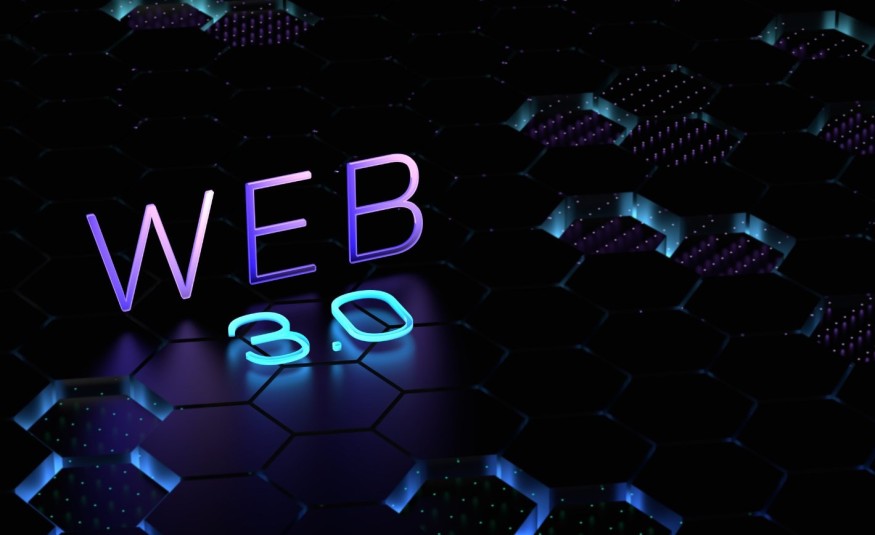
Nothing moves faster than the software engineering industry these days, and it is making it to new heights with each passing day. Currently, the global market for software development reaches $260.38 billion, and it is projected to increase by speed and will soon hit $700 billion by 2026. The growth of the industry undoubtedly drags in new trends and changes in the software engineering market. As the year 2023 is almost around the corner, it is about time to look back and also predict what to come in the software engineering industry. Here are ten predictions on upcoming trends in the IT industry:
#1 Software outsourcing is still on the rise
Software outsourcing is rapidly becoming one of the most prominent trends in the software engineering industry. The possibilities of software outsourcing are endless, and it was proven with actual statistics. According to new research by Commit, the spending start-ups pour into software development outsourcing is expected to increase sharply by 70% between 2022 and 2023. It's clear that software outsourcing will be here to stay and will continue gaining traction as we approach 2023 and beyond, given its numerous benefits for both businesses and developers alike. With its ability to reduce costs while providing access to skilled talent no matter where they're located around the world, there's no doubt that this trend will only become more pronounced over time as companies continue looking towards external teams for assistance with their technology projects. Remarkably, it has been estimated that by 2023, close to 55% of all software development activities will be outsourced. This shift from traditional in-house development to outsourcing is driven by a number of factors.
#2 Artificial intelligence and its applications will never be out of trend
Artificial intelligence (AI) and its applications have become increasingly popular in the software engineering industry over the past few years. The popularity of AI is undeniable as it spans not only the IT industry but also all others with a variety of applications, such as natural language processing, computer vision, autonomous vehicles, robotic process automation, machine learning, etc. In the software engineering industry, AI can be used to create more efficient and effective solutions. For example, some companies are using AI-powered machines to improve their customer support systems. The machines can understand customer queries by processing natural language requests and providing personalized responses at lightning speed.
Additionally, artificial neural networks can be used to identify patterns in massive datasets that were once too complex for humans to analyze alone. AI can also be used in predictive analytics to help software engineers anticipate future trends and plan accordingly. AI technology is also transforming the development process itself by streamlining manual tasks like coding or debugging with automated programs. This not only speeds up development but also reduces costs associated with labor-intensive processes like bug fixing or maintenance. Developers are now using AI-powered tools to quickly generate test cases without having to manually write them out every time they make changes or introduce new features to their products. Overall, artificial intelligence continues to grow in popularity among software engineers due to its numerous advantages, such as improved efficiency and enhanced accuracy. As the technology advances further over time and gains more traction among developers within this space, AI will likely continue to shape the way we design our programming solutions going forward into 2023 and beyond.
#3 The rise of Web 3.0

The rise of Web 3.0 is an inevitability in the software engineering industry. Web 3.0 represents the next generation of web technology, which is characterized by its ability to be more interactive, intuitive, and dynamic than ever before. The main concept behind Web 3.0 is that it will provide users with a more personalized experience through advanced machine learning capabilities and AI-based personalization algorithms that make tailored recommendations based on user data and behaviors.
Web 3.0 will offer developers new opportunities to create innovative experiences for their customers by utilizing technologies such as blockchain, artificial intelligence (AI), augmented reality (AR), virtual reality (VR), natural language processing (NLP), and many more. Furthermore, this new version of the web will be more secure than ever before due to its decentralized nature, which makes it less vulnerable to cyberattacks or malicious actors. Additionally, Web 3.0 can provide better scalability for businesses looking to expand their operations without having to worry about server costs or other resource limitations associated with traditional hosting solutions.
Another important feature of Web 3.0 is that it can open up new avenues for monetization through micropayments, subscription models, and other forms of monetization that have been made possible due to its decentralized network structure and blockchain technology integration. This means companies can offer consumers access to specific services or products on a pay-as-you-go basis instead of charging them monthly fees like they normally would with traditional hosting solutions. Furthermore, Web 3.0 also has potential applications in areas such as healthcare, as developers can use AI algorithms and predictive analytics tools to help medical professionals diagnose illnesses faster and make more accurate diagnoses over time due to the data collected from patient interactions with the technology platform itself; this ultimately leads to improved patient outcomes overall as well as a greater degree of efficiency when compared to traditional methods used by healthcare practitioners today.
All these advances point towards an exciting future where developers are able to create unique experiences for their customers while still maintaining increased levels of security and scalability while doing so; all factors that become increasingly vital in this age of digital transformation we currently find ourselves in today so expect big changes coming from within the software engineering industry when 2023 arrives around the corner.
#4 Here comes the Internet of Behaviors (IoB)
As technology constantly advances, so do the ways in which businesses can collect and leverage data to better understand their customers and accurately predict their needs. This is where the concept of the Internet of Behaviors (IoB) comes into play. IoT refers to an emerging field that uses digital platforms such as apps and websites to track customer behavior in order to gain insights about them. It works by capturing data from user interactions with a company's platform, such as clicks on links or pages they visit, how long they stay on a page or website, etc., and then using this information to develop personalized strategies tailored specifically for each user - all without interfering with their privacy or security.
By leveraging IoB's AI-enabled analytics and predictive capabilities, companies will be able to better understand how customers use their products or services and then provide them with more tailored experiences, leading to increased customer loyalty and satisfaction. IoB also has potential applications in marketing, as it can be used to detect changes in consumer behavior over time and inform businesses when they should adjust their strategies accordingly. Additionally, you can help companies measure the success of campaigns by providing detailed insights about user engagement levels and other important KPIs.
The concept of IoB is still relatively new, but it has immense potential for transforming the way businesses communicate with their customers; as technology continues to alter and evolve, so too will this field of study - making the future seem brighter than ever before.
#5 Blockchain and its impact on the future of business
The emergence of blockchain technology has radically changed the way many industries operate. With its distributed ledger system, it allows for immutable and secure data storage, making it perfect for transactions that require a high degree of trust or transparency. In addition to this, blockchain also offers new opportunities for businesses in terms of creating digital assets, such as tokens or cryptocurrencies; these digital assets can be used to create decentralized marketplaces where individuals can securely buy and sell goods without having to rely on centralized entities like banks or other financial institutions.
Furthermore, blockchain-based smart contracts have made automated business processes more efficient and cost-effective than ever before; these self-executing contracts are automatically triggered when predetermined conditions are met, allowing for an unprecedented level of automation and flexibility when it comes to business transactions.
As we look towards the future, it's clear that blockchain technology has already had a huge impact on how businesses operate; from its ability to securely store and share data to its potential for creating efficient marketplaces, there is no denying that this revolutionary technology will continue to shape the way businesses interact with their customers in the years to come. With so many possibilities for innovation, it will be only a matter of time before we start seeing more companies leveraging blockchain technology and reaping the rewards.
© 2025 ScienceTimes.com All rights reserved. Do not reproduce without permission. The window to the world of Science Times.












